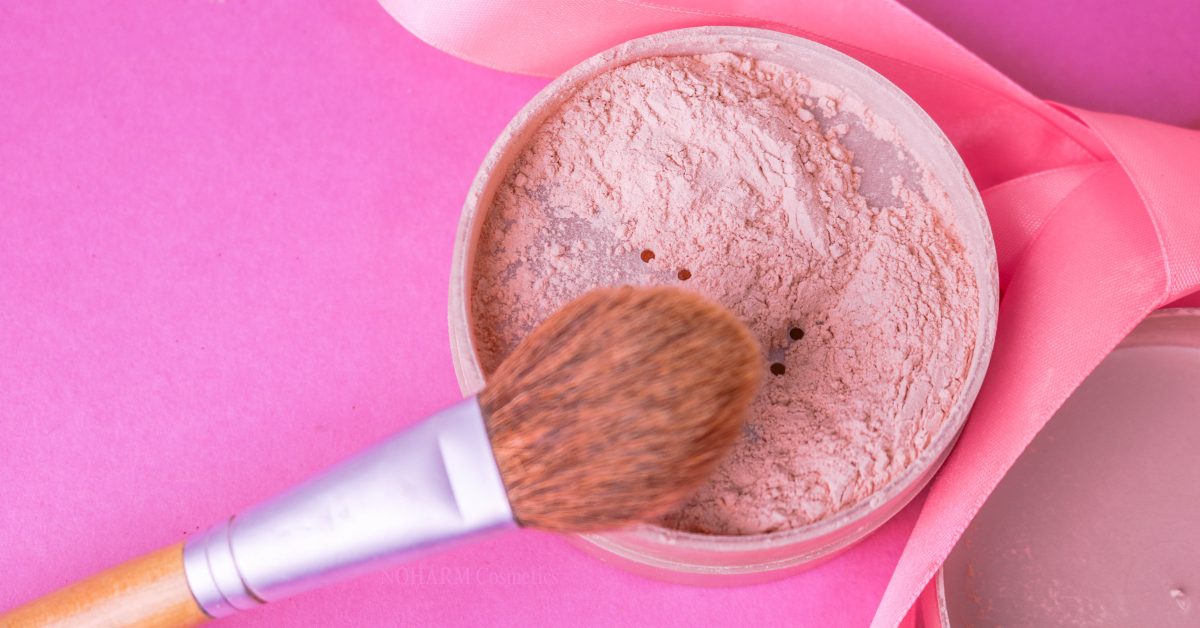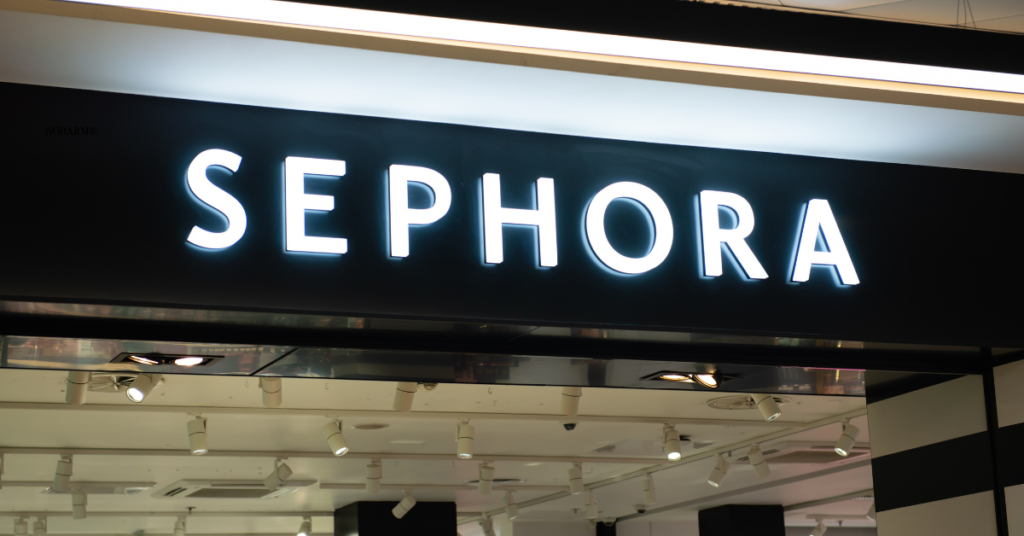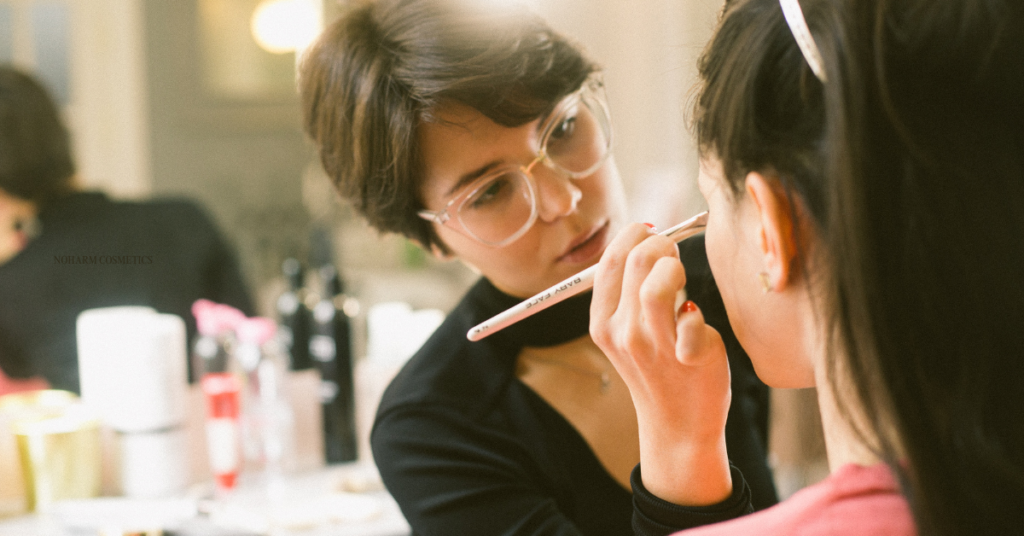In recent years, there has been a growing trend on social media with some popular accounts claiming that “clean beauty is a scam.” While this sentiment is certainly worth discussing, it’s important to approach the conversation with nuance. The concerns over greenwashing—the misleading practice of using buzzwords like “natural,” “organic,” or “clean” to market products that aren’t necessarily any safer or more effective—are completely valid. It’s crucial for consumers to be aware of this tactic and for brands to be held accountable. However, these concerns shouldn’t overshadow the positive changes that clean beauty has brought to the industry.
One of the biggest misconceptions about clean beauty is that all chemicals are harmful and that preservatives are unnecessary. While it’s true that certain chemicals may pose risks, it’s essential to recognize that not all chemicals are created equal. Many ingredients commonly used in clean beauty formulations, such as plant-based oils, natural extracts, and ethically sourced compounds, have proven to be safe and effective. It’s also important to note that preservatives play a crucial role in ensuring the safety and longevity of beauty products—eliminating them entirely could lead to contamination and spoilage.
Transparency in the beauty industry is 100% necessary, and consumers deserve to know what is in the products they are using. Clean beauty advocates push for better ingredient disclosure and clearer labeling, so people can make informed decisions about the products they choose.
In addition, cruelty-free beauty products are certainly not a scam. The demand for cruelty-free options has sparked a movement toward more ethical practices within the beauty industry. Companies that choose to eliminate animal testing are making a meaningful impact in the fight for animal rights. And while there are still brands that may use deceptive marketing tactics, the overall trend toward cruelty-free formulations is something to be celebrated.
Plastic, Microplastic, and Nanoplastic Pollution: A Critical Challenge for the Clean Beauty Movement
It’s also important to recognize the responsibility that larger corporations have in addressing issues such as plastic waste, packaging waste, and overall sustainability. The beauty industry is notoriously wasteful, and many major players have a long way to go in terms of reducing their environmental footprint. Corporations that prioritize eco-friendly packaging and biodegradable ingredients are doing their part to create a more sustainable future.




